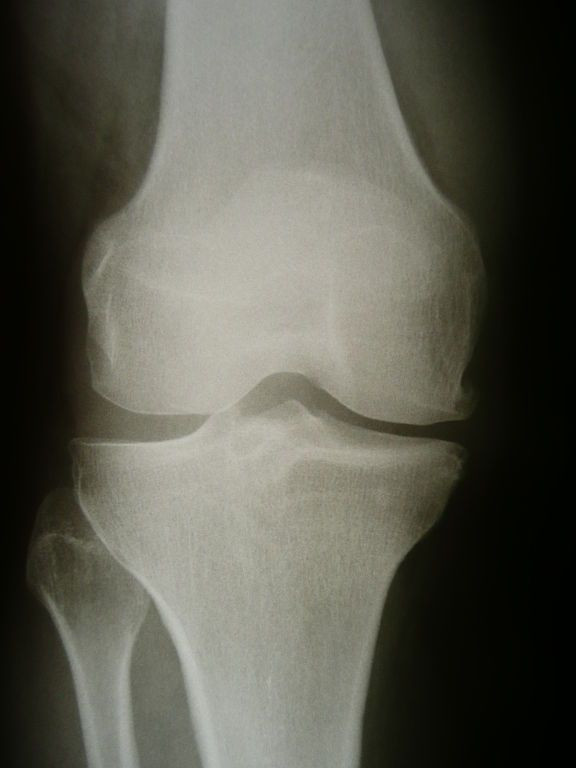Removing Proteins in Fat Cells Might Be Key to Treating Rheumatoid Arthritis, Study Says

Scientists have found that a protein released from fat cells could be linked to the development of rheumatoid arthritis.
In a new study from the Journal of Immunology, researchers examined the fat cells in mice to determine what triggered arthritis. What they found were proteins that showed up in fat cells, called pro-factor D and factor D, were associated with arthiritis, AOL's Everyday Health reported.
The researchers believe that taking away only factor D could be a safer alternative to previous theories for preventing arthritis, which suggested removing other immune system proteins. The problem with previous theories was that there are nearly 40 proteins making up what researchers call the "complement system" - many of them would have had to be removed, the same ones that are vital to the immune system functioning properly.
"The complement system is both friend and foe," Nirmal Banda, associate professor of medicine in the Division of Rheumatology at the University of Colorado School of Medicine, said in a press release. "We believe we can shut down one part of the complement system that triggers disease without shutting down the rest. If so, we will be making a major stride toward treating and perhaps even curing rheumatoid arthritis"
However, there is still a lot of research to be done since this study was only conducted on mice.
Published by Medicaldaily.com



























